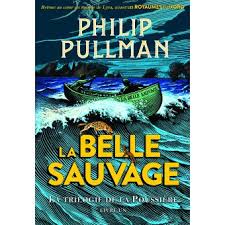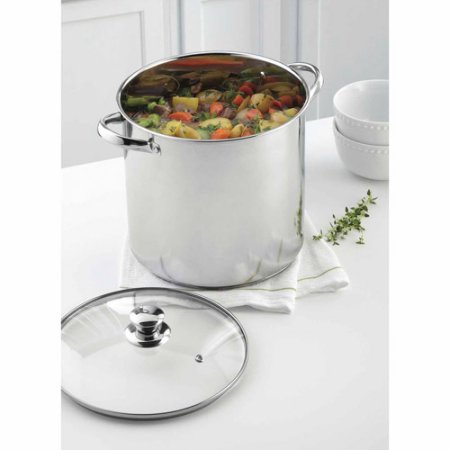 What I most love about Philip Pullman's La Belle Sauvage is the attention to the minute details of making things by hand, for example, the locks that Mr. Taphouse builds for the priory at Godstow, the hoops in neat brackets that Lord Asriel has affixed to Malcolm's canoe, and even the food prepared by Sister Fenella: "Nothing was wasted at the priory. The little pieces of pastry Sister Fenella had left after trimming her rhubarb pies were formed into clumsy crosses or fish shapes, or rolled around a few currants, then sprinkled with sugar and baked separately" (5). I have never done woodworking or carpentry but the passages devoted to cooking really spoke to me. Malcolm helps Sister Fenella peel potatoes and prepare brussel sprouts. When she is finished she puts the leavings in the stock pot: "Sister Fenella gathered up the discarded sprout leaves and cut the stalks in half a dozen pieces and put them in a bin for stock" (18). I was so intrigued by these details I started saving scraps and made my own vegetable stock for my new year's Hoppin' John--cilantro stalks, celery leaves, onion skins, kale stems. The results were delicious. These details anchor Pullman's fantasy in the reality of the physical world. They also serve as a metaphor for his own craft of writing. How fun to think of writing like cooking--taking scraps from our own lives, from the world around us, from the books we read and admire, and putting them all together into a stock that comes out completely different, new, rich, and all our own.
8 Comments
|
Caroline McAlisterCaroline is an avid reader, children's writer, and teacher. She lives in North Carolina with her husband and dog. Check out her bio for more! Archives
February 2024
Categories
All
|

 RSS Feed
RSS Feed